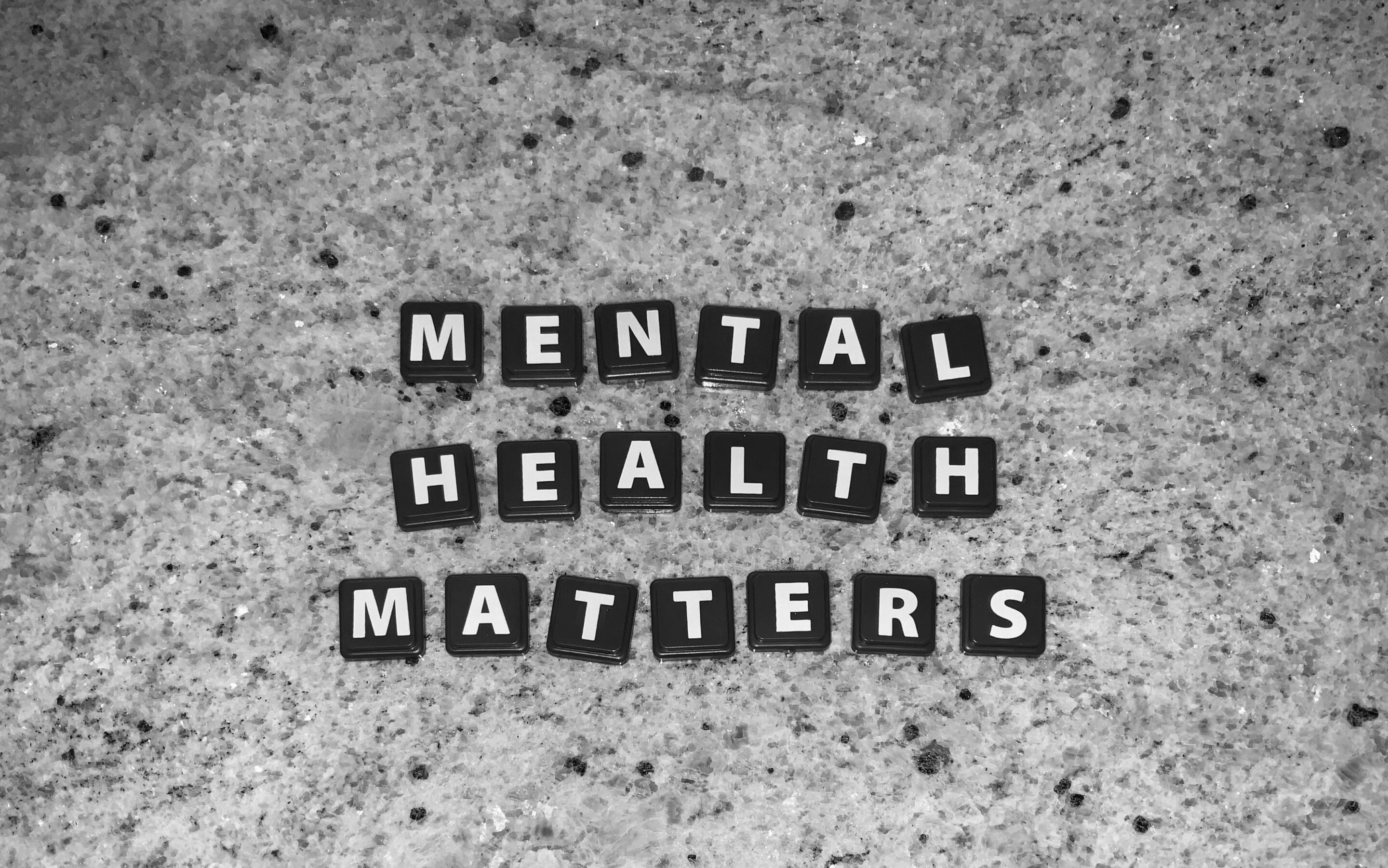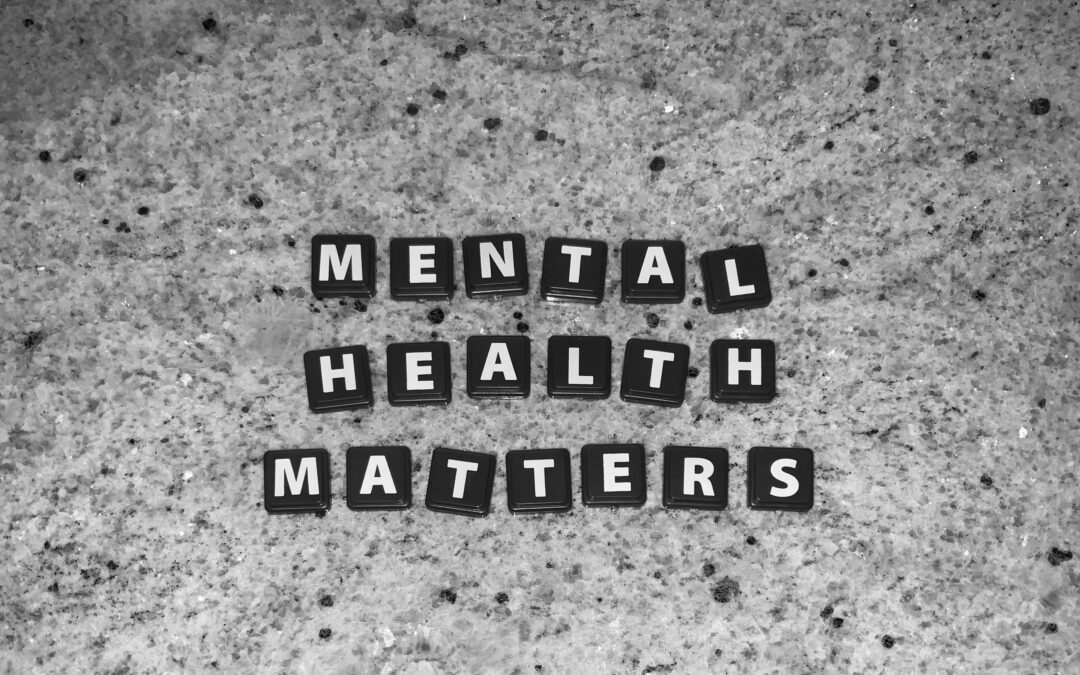
Nursing students face unique challenges that can take a toll on their mental health, from the rigorous demands of their academic programs to the emotional stress of clinical rotations. Historically, the importance of addressing mental health in medical education has been overlooked, but recent shifts in societal attitudes are changing that. Now, more than ever, there are many mental health resources for nursing students. These tools not only aim to support their well-being but also enhance their ability to provide compassionate care.
Read on to explore essential mental health resources provided by Davis & Elkins College that can significantly improve the lives of nursing students.
Understanding Mental Health
Importance in Nursing
Mental health awareness is vital for nursing students. It ensures they can offer compassionate care to patients during their nursing career. A nurse’s mental well-being helps them tackle work stress and challenges effectively.
The link between a nurse’s mental health and patient care quality is undeniable. Nurses in good mental health provide better care.
Common Challenges
Academic Stress
Nursing students face stress from exams and clinical rotations. Time management and study techniques are key to handling this pressure. It’s crucial to seek academic support when needed.
Life Balance
Balancing school, work, and personal life can be tough for nursing students. They must set boundaries to avoid burnout and health concerns. Healthy lifestyle activities are essential despite a demanding schedule.
Stigma in Education
Stigma prevents nursing students from seeking mental health support. Reducing stigma in education settings is necessary. Open discussions about mental health can create a supportive environment.
Mental Health Statistics
Mental health issues are common among nursing students, highlighting the need for better resources. Comparing their statistics with those in other fields shows the urgency of this issue. Data supports the call for more support systems in nursing schools.
Recognizing Symptoms
Physical Signs
Nursing students often face physical signs of stress, including fatigue, worry, and headaches. These symptoms can signal deeper mental health issues. It’s crucial to recognize when these physical manifestations are more than just temporary discomforts. Seeking professional help becomes essential if symptoms persist or worsen over time. Regular health check-ups can help monitor the impact of stress on one’s physical well-being, ensuring that any underlying issues are addressed promptly.
Emotional Signs
Emotional signs of distress, such as persistent sadness or irritability, are common among nursing students grappling with mental health challenges. This was especially common during the COVID pandemic. Acknowledging these emotional indicators is vital; they should not be dismissed as mere reactions to academic pressure. Identifying coping strategies, like mindfulness exercises or seeking emotional support from peers and counselors, can be effective in managing emotional distress. This proactive approach helps maintain relationships and a healthy mental state conducive to learning and personal growth.
Impact on Academics
Mental health issues can severely affect a nursing student’s concentration, memory, and overall academic performance. Supporting mental wellness is key to improving academic outcomes for students in demanding programs like nursing. Academic institutions, like Davis & Elkins College, should advocate for mental health accommodations, such as extended deadlines or exam adjustments, to provide a supportive learning environment for all students. These measures can make a significant difference in their academic journey and future careers.
Mental Health Resources for Nursing Students
Professional Help
Mental health resources for nursing students are vital. Nursing students should not hesitate to seek professional help for mental health and sleep issues. Counselors and psychologists are trained to provide the support you need. Many universities, including Davis & Elkins College, offer campus-based mental health services tailored for students, so let us help guide you with your mental health concerns. These services often include individual counseling, group therapy, and stress management workshops.
To access these resources, students can usually start by visiting their university’s health center website or directly contacting the student affairs office. It’s important to debunk myths about receiving mental health care. Seeking professional help is a sign of strength, not weakness.
Peer Support
Forming peer support groups within nursing schools can be incredibly beneficial. These groups provide a safe space to share experiences and coping strategies. They help reduce feelings of isolation and promote an understanding environment among peers.
To start or join a peer support group, students can reach out to their academic advisors or check bulletin boards for existing groups. Engaging in these groups can significantly enhance your academic journey by providing emotional support and practical advice from peers who understand what you’re going through.
Online Communities
Look for online forums, text hotlines, and social media groups that offer support for nursing students. These platforms allow students to connect with others facing similar challenges across the globe. They can be great sources of advice, encouragement, and friendship.
However, it’s crucial to verify the credibility of online advice and protect your privacy when participating in these communities. Look for groups moderated by professionals or those affiliated with reputable organizations to ensure a positive and helpful experience.
Self-Care Strategies
Stress Management
Nursing students often face high levels of stress. Mindfulness and regular physical activity are effective ways to manage this stress. They help calm the mind and strengthen the body. Incorporating these practices into daily routines can prevent burnout. It also promotes mental well-being. Making time for activities like yoga or a quick walk can make a big difference.
Developing Resilience
Resilience is key in nursing school and beyond. Strategies to build resilience include embracing challenges and maintaining a positive outlook. These approaches help nursing students navigate the ups and downs of their education and future careers. Stories of resilience from peers can serve as powerful inspiration. They show that overcoming obstacles is possible with the right mindset.
Emotional Intelligence
Emotional intelligence is crucial for managing personal emotions and those of others, especially in patient care settings. Nursing students can improve their emotional intelligence by practicing self-awareness and empathy. This not only leads to better patient care but also enhances personal well-being. Understanding one’s emotions and responding empathetically to others are valuable skills in nursing.
Wellness Programs
Faculty Role
Supportive Environment
Faculty and staff play a crucial role in nurturing a supportive environment for nursing students. They can advocate for the creation of spaces that prioritize mental health. This includes setting up mentorship programs where students can receive guidance and support. Hosting wellness workshops can educate students on maintaining their mental health. Such efforts help create a culture where students feel safe to share their concerns and seek assistance.
Wellness Initiatives
Successful wellness initiatives have been implemented in various nursing programs. Examples include yoga classes and mental health awareness weeks. These activities not only promote a healthy lifestyle but also help in reducing stress among nursing students. It’s essential for students to either participate in these initiatives or take the lead in organizing them on campus. The benefits of engaging in such activities are manifold, fostering both physical and mental well-being.
Screening Importance
Regular mental health screenings are vital for the early detection of issues among nursing students. These screenings can be accessed at campus health centers or through online tools designed for self-assessment. Incorporating routine mental health check-ups into the overall healthcare plan is critical. It ensures that nursing students maintain not just physical but also mental wellness, which is paramount given the demanding nature of their studies.
Overcoming Barriers
Navigating Stigma
To confront the stigma around mental health in nursing, open conversations are crucial. Talk about your experiences. This helps break down misconceptions. Remember, many nurses have faced similar challenges and come out stronger.
One effective strategy is to seek mentors who have overcome such barriers themselves. Their stories can be incredibly empowering. They show that it’s possible to thrive despite the stigma.
Advocating for yourself and others is also key. If you encounter stigma, speak up. Explain why mental health support is essential for everyone, especially nursing students. This can change perspectives over time.
Balancing Life and Studies
Achieving a balance between your studies and personal life is vital for mental well-being. It prevents burnout and keeps stress at manageable levels. Here are some strategies:
- Use planners or digital apps to organize your time.
- Break down tasks into smaller, more manageable parts.
- Prioritize activities that recharge you mentally and physically.
Setting realistic goals is another important step. Understand your limits and work within them. This doesn’t mean lowering your standards but recognizing what’s achievable without compromising your mental health.
Building Resilience
Mental Toughness
Mental toughness is key for nursing students. It helps them face tough situations head-on. This strength is crucial in nursing education, where challenges are daily. Techniques like goal setting and positive self-talk boost mental toughness. They help students focus and stay motivated.
Long-term, mental toughness enriches both personal and professional lives. It builds resilience, making future hurdles easier to overcome. Students learn to adapt and grow, essential skills in nursing.
Coping Mechanisms
Effective coping mechanisms are vital for nursing students under stress. Options like journaling and seeking social support offer relief. They allow students to express feelings and gain perspective.
It’s important to know the difference between healthy and unhealthy coping strategies. For example, exercising or talking to a friend is beneficial. In contrast, ignoring problems or substance use is harmful.
Students should create personalized coping plans. These plans address their unique needs and challenges. Tailoring strategies ensures better stress management and mental health care.
Supporting Mental Health: Resources for Nursing Students
Your journey through understanding mental health, recognizing symptoms, and seeking the right support is crucial. You’ve explored self-care strategies, wellness programs, overcoming barriers, and building resilience. These steps are vital for nursing students facing unique pressures. Remember, prioritizing your mental health isn’t just about coping; it’s about thriving in your demanding role.
Please use the resources and strategies provided by Davis & Elkins College, and don’t hesitate to reach out for support when needed. Keep building that resilience. Your well-being is the foundation of your success, both academically and professionally. Let’s make mental health a priority today for a brighter, healthier tomorrow.

